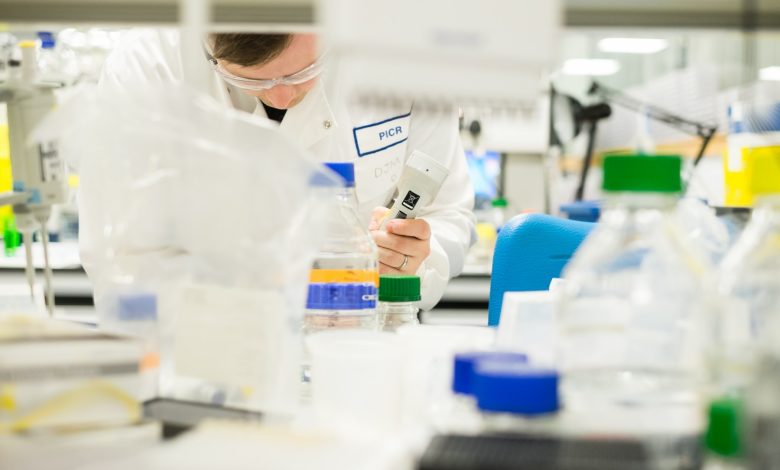AI exposes prostate cancer as a multifaceted illness, not a singular condition

Artificial Intelligence has aided researchers in uncovering a new type of aggressive prostate cancer that could potentially transform how the disease is detected and treated in the future.
A recent study, funded by Cancer Research UK, has identified that prostate cancer, which impacts one in eight men during their lifetime, consists of two distinct subtypes known as evotypes.
The breakthrough was achieved by an international team led by the University of Oxford and The University of Manchester, who utilised AI technology to analyse DNA data and identify the two different subtypes of prostate cancer.
The team is optimistic that their findings could lead to saving numerous lives in the future and revolutionising the diagnosis and treatment of prostate cancer. Ultimately, personalised treatments based on genetic testing, facilitated by AI, could be provided to each individual patient.
According to Cancer Research UK, prostate cancer is the most prevalent cancer among men in the UK, with approximately 52,000 cases reported annually. Dr Rupal Mistry, the charity’s senior Science Engagement Manager, expressed pride in supporting this cutting-edge research, which has laid the groundwork for tailored treatments for individuals with prostate cancer.
The groundbreaking research, which received additional funding from Prostate Cancer Research and involved scientists from various institutions including the University of East Anglia and the Institute of Cancer Research, London, underscores the significant impact a prostate cancer diagnosis can have on physical, emotional, and mental well-being.
Lead researcher Dr Dan Woodcock from the University of Oxford highlighted the importance of understanding the multiple pathways through which prostate tumours evolve, leading to the identification of two distinct disease types. The research, conducted as part of the international consortium known as The Pan Prostate Cancer Group, aims to develop a genetic test in collaboration with Cancer Research UK that can provide a more precise prognosis for each patient, enabling tailored treatment decisions.
Using AI technology, the researchers analysed changes in the DNA of prostate cancer samples from 159 patients, identifying two distinct cancer groups through neural networks. These findings were validated in independent datasets from Canada and Australia, ultimately leading to the identification of two distinct disease types termed ‘evotypes’.
Professor David Wedge of Manchester Cancer Research Centre, who led the study, emphasised the significance of classifying tumours based on their evolutionary trajectory rather than solely on individual gene mutations or expression patterns. The study’s findings offer hope for improved diagnosis and tailored treatments for prostate cancer patients in the future, as well as potential insights for other cancer research fields.
Dr Naomi Elster, Director of Research at Prostate Cancer Research, highlighted the importance of being able to differentiate between aggressive and non-aggressive forms of prostate cancer to ensure effective treatment and avoid unnecessary side effects. The study’s results mark a significant step towards a more targeted approach to treating prostate cancer.
The study, titled ‘Genomic evolution shapes prostate cancer disease type’, is available online in the journal Cell Genomics.




